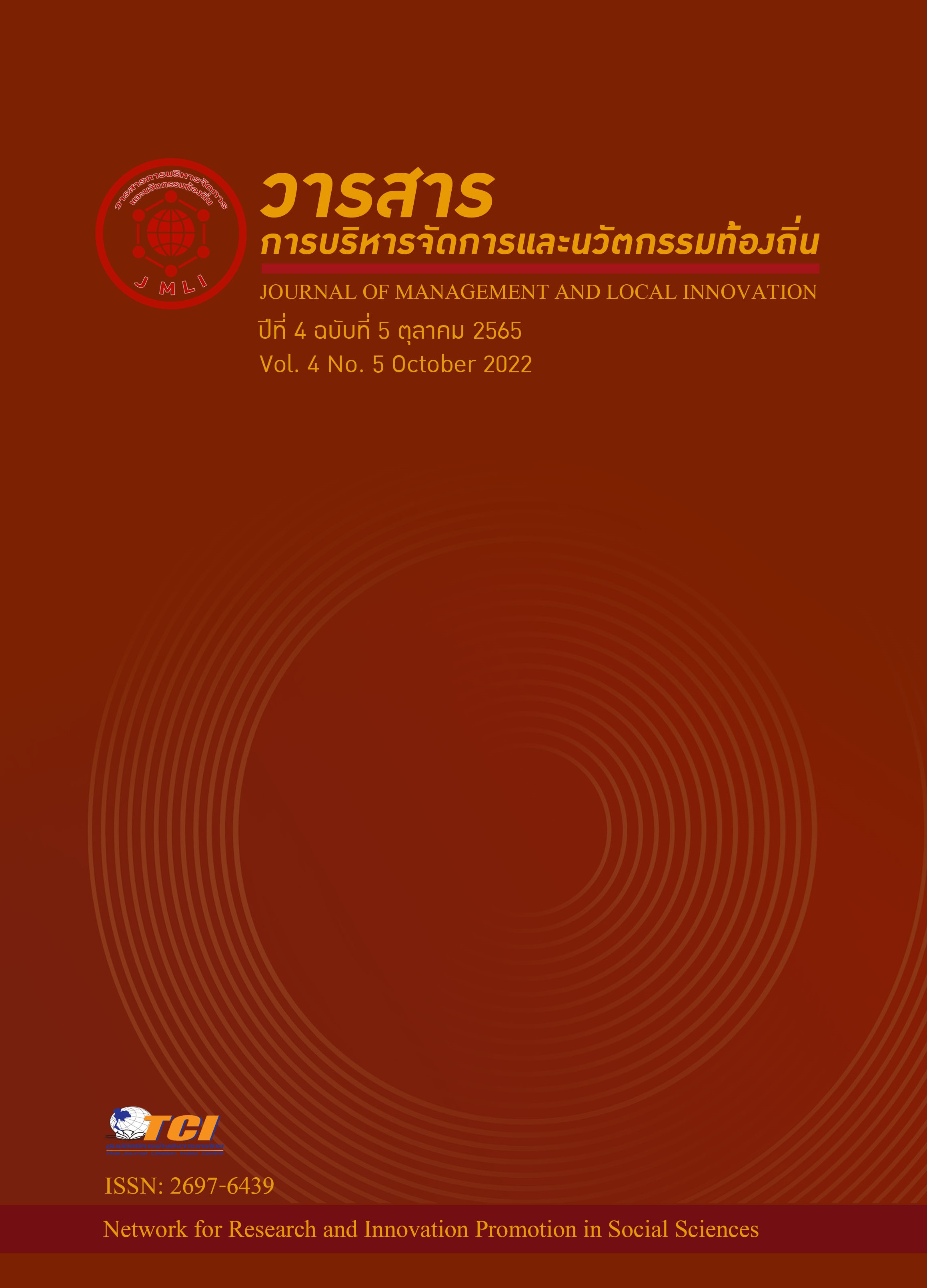The Development Guidelines of Schools Administration Based on Four Ghara ̅va ̅sa-dhamma of Schools under Angthong Primary Educational Servic Area Office
Keywords:
School Administration, School Administrators, Gharāvāsa-dhammaAbstract
The study consisted of the following objectives: 1. to investigate the conditions of administration by school administrators: 2. to compare the opinions towards the administration of school administrators classified by way of personal factors; and 3. to propose the guidelines for the development of administration for school administrators according to Gharāvāsa-dhamma of schools under Angthong Primary Educational Service Area Office. The study applied a mixed-methods approach that comprised both qualitative and quantitative methods. The quantitative data employed a questionnaire with a reliability of 0.96, and collected data with a sample group of 278 persons. The obtained data were analyzed by using frequency, percentage, mean, standard deviation (S.D.), t-test, and One-Way ANOVA. The qualitative method used semi-structured interview with data collected from 9 key informants. The acquired data were analyzed by content analysis. From the study, the following results are found: 1) The conditions of administration by school administrators of primary schools under Angthong Primary Educational Service Area Office consist of 3 aspects, and are overall at a high level (x̄ = 4.48, S.D. = 0.54). When considering from high to low, it is found that work performance and self-conduct have mean at a high level; while governing people has the least mean. 2) When school administrators' opinions on administration are compared by personal factors such as gender, age, educational level, position, and work experience, it is discovered that teachers of different genders, ages, educational levels, positions, and work experience have no differences in opinions; therefore, denying the null hypothesis. 3) The guidelines for the development of administration for school administrators according to Gharāvāsa-dhamma of primary schools under Angthong Primary Educational Service Area Office are found as follows: (1) On self-conduct, school administrators should be honest and act as role models by knowing and understanding themselves, being able to control emotions and have awareness, as well as having tolerance and sacrifice; (2) On governing people, school administrators should be honest and sincere with others, know and understand others, not be selfish, be able to control themselves and be empathetic, have diligence, patience, and compassion, and help others; and (3) On governing others, school administrators should be honest and neutral, follow rules and regulations, be mindful and sensible, work with patience and determination, and be willing to make physical and time sacrifices for others.


